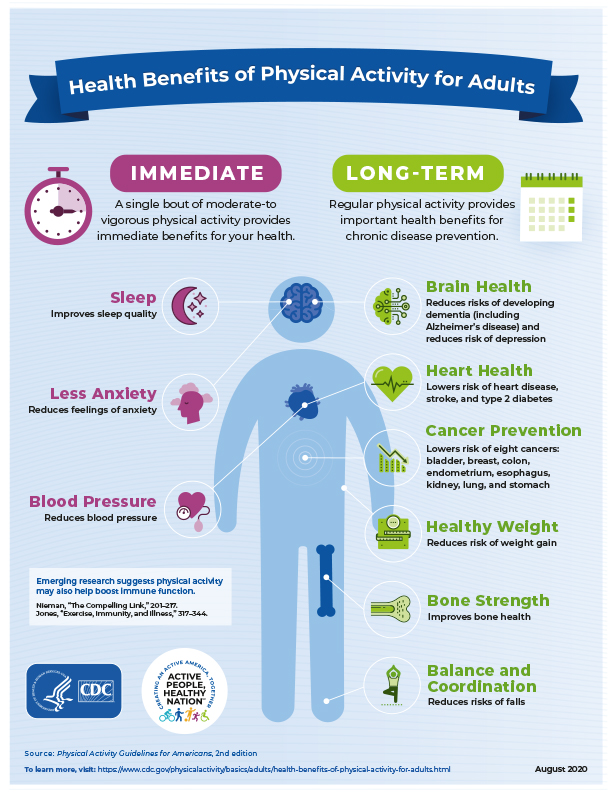
Anemia is the most frequent symptom of sickle-cell disease. The condition results in fewer red cells in the body, which can lead you to feel dizzy, tired, and even short of breath. Sickle cell disease can also cause yellowing of your skin, eyes, and lips. This condition is often mistakenly thought to be jaundice, which is yellowing of your eyes. It's caused when red blood cell dies.
SCD symptoms may be sudden and severe and can affect any part of the body. It can also lead to dangerously low hemoglobin levels. A higher chance of suffering from stroke is also possible. This disruption in blood flow can lead to serious brain damage and even death. Some people with SCD may experience one or more of these symptoms, or they may experience only one symptom. Some people may experience very mild symptoms, while others may have severe symptoms that last for years.

Sickle cells can cause severe bleeding if left untreated. Because these cells can stick on the walls of blood vessels and reduce or stop blood flow, this is called sickle cell anemia. The blockages prevent oxygen from reaching the nearby tissues. Without oxygen, tissue can become damaged or even die, which can lead to a range of symptoms. Understanding the symptoms and signs of SCD is important. It is possible that you are suffering from anemia. If you have SCD, you will receive treatment that is right for you.
SCD symptoms may vary depending on how severe the disease is. The severity of your condition will determine the treatment options. Anemia can be a condition that has yet to be diagnosed by a doctor. If you do have the condition, your blood pressure will most likely be fine unless you have complications. While the disease itself is not fatal, you can suffer from anemia for life.
Acute Chest Syndrome: It is the most severe type of SCD. Sickle cells block blood vessels and can cause pain. This condition can lead to a stroke and damage to the lungs. Ultimately, SCD can lead to death. But it is crucial to seek medical care as soon as possible. Acute chest syndrome is potentially life-threatening. These symptoms can be life-threatening and should be reported to your doctor immediately.

Many parts of the body can feel pain from sickle cell anemia. It can be chronic or acute. It can happen in any part of your body, including your arms, legs, abdomen, and brain. A stroke may be a result of a blockage of a major blood vessel that supplies the brain with oxygen. The brain may be affected if it is not receiving enough blood. If a patient suffering from SCD experiences any of these symptoms, they should seek medical attention to prevent a stroke.
FAQ
What is the best way to train?
It depends on what you are looking for. If you want to build muscle mass, then do heavy weights first. Then you can move to cardio. If you are looking to lose weight, then move on to strength training.
You can burn fat by just doing cardio. You can then add strength training.
Then if you want to gain muscle mass, do cardio last because it stimulates growth hormones which help build muscle mass.
Also, eat before you workout. You will be able to give your muscles more fuel so they can work harder. This will make you feel better while working out.
What food should I avoid if I want to lose weight
Avoid trans fats. Trans fats increase LDL cholesterol (the bad) and decrease HDL cholesterol (the healthy).
Trans fats are found in deep-fried foods, fast food, packaged baked goods, snack cakes, and other processed foods.
These unhealthy fats can also lead to inflammation, which can cause heart disease and diabetes.
Foods containing artificial sweeteners should also be avoided. Artificial sweeteners are linked to an increased risk of cancer.
These chemicals are used in everything from soft drinks to chewing gum to candy bars. They also appear in meat, poultry and eggs.
Artificial sweeteners include saccharin, cyclamate, sorbitol, aspartame, acesulfame-K, and sucralose.
The American Heart Association suggests that you avoid these chemicals as they can cause DNA damage in your cells.
How many calories should you consume each day?
This varies from person to person. On average, 2000 to 2500 calories are consumed per day. Based on your age, gender, height and activity level, you will need to calculate how many calories you require.
Which exercise is the best for men?
The answer will depend on what you are searching for. If you want to lose weight, cardio workouts are great because they burn calories faster than strength training exercises.
For those who want to gain muscle mass, strength training will be a better option, as it increases your lean body mass.
Both types are good for improving your overall health.
I recommend HIIT, or sprint interval training, if you want fast results. This type training will help you quickly lose fat by increasing your metabolism. It can also increase your endurance, so that you can train even when fatigued.
Statistics
- Get free shipping and 25% off today. (healthline.com)
- An estimated calorie range for moderately active adult males falls between 2,200 to 2,800 calories per day, depending on age. (eatright.org)
- Candidates and applicants must pass all four tests at 70% (minimum level) to graduate from Basic Deputy U.S. Marshal (BDUSM) Training. (usmarshals.gov)
- Are You One of the 20% of Guys (mh.co.za)
- According to the American Academy of Dermatology (AAD), men over 50 are at a heightened risk of developing it. (healthline.com)
External Links
How To
How to Eat Well for Men
Choose to eat small meals instead of three large meals per day. You'll spend less time waiting for your food to be digested. Later, you'll be less likely overeat.
Avoid snacking prior to bed. If you snack late at night, you will wake up hungry and eat more the next day.
Instead, have a light snack an hour or two before sleep.
Avoid "snack attacks," where you grab something to eat whenever you feel hungry. This is especially dangerous for overweight people.
Make sure that all of your meals are balanced. Skip breakfast for lunch and dinner.
Cut back on calories if weight loss is a problem.
You should cut down on alcohol, caffeine, or nicotine. Both can affect how your body processes nutrients.
Get plenty of sleep. Sleep deprivation makes people crave junk food.
Exercise regularly. Exercise can improve your mood, increase energy levels, and help you burn more calories.
Take care of yourself mentally. Stress can cause weight gain and overeating.
Relax. Meditation and yoga are great ways to relieve stress and anxiety.
Keep track of what you eat. Note everything that you put in your mouth.
Take care of your vitamins and supplements. Many men don't get enough vitamins and minerals to keep them healthy.
You should take a multivitamin each day. A daily multivitamin can prevent deficiencies in certain key vitamins and minerals.
Consider taking a vitamin D supplement. It helps keep your immune system strong and prevents scurvy.
Your diet should include zinc. Zinc deficiency can cause impotence.
Drink water. Your fluid intake should not exceed 1.5 liters per day (roughly 4 cups).
Limit salt. Sodium raises blood pressure and leads to heart disease.
Trans fats should be avoided. Trans fat has been associated with increased obesity, diabetes, as well as heart disease rates.
Best Male Enhancement Pills for 2018 - The Best Male Enhancement Supplements Reviews
There are many options for male enhancement. Some are effective, while others don't provide real results. This article will tell you about the best male enhancement products that actually work.